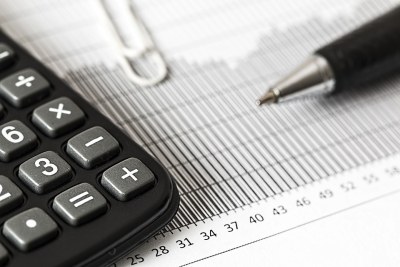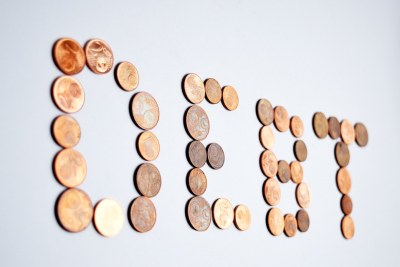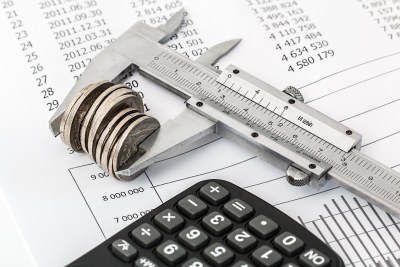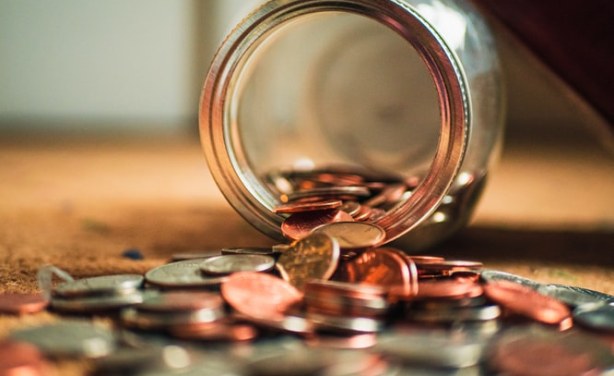-
Nigeria: Senate Approves Buhari's External Loan Request of U.S.$2.7 Billion
Premium Times, 21 April 2021
Mr Buhari in May last year requested Senate's approval of the loans to enable the government finance the 2020 budget deficit, critical projects and support some states of the… Read more »
-
Nigeria: Senate Okays Govt's Request for $1.5bn, €995m External Loans
This Day, 22 April 2021
The Senate yesterday gave the federal government the nod to borrow a total of $2.7 billion out of the $5.5 billion external borrowing request sent to the National Assembly by… Read more »
-
Nigeria: Senate Approves $1.5bn, €995m Loans for Govt, States
Daily Trust, 21 April 2021
The senate has given the federal and state governments approval to borrow $1.5 billion and €995 million loans. Read more »
-
Nigeria: Senate Passes N257bn 2021 Budget for Customs
This Day, 21 April 2021
The Senate on Wednesday approved the sum of N257,183,671,694.71 for the Nigeria Customs Service (NCS) in the 2021 fiscal year. Read more »
Senate Ignores Nigeria’s Rising Debt, Approves New Loans
Despite concerns about Nigeria's rising debt, the Senate has approved new external loans of U.S.$2.7 billion for the government. President Muhamadu Buhari sent a letter to the Senate in May 2020, seeking its approval for another batch of external loans to enable the administration to finance the 2020 budget deficit, 'critical projects', and to support some States. Nigeria is taking on the debt to try to curb the economic hit of the novel coronavirus pandemic, which last year pushed the country into a recession, from which it slowly began to recover in the fourth quarter of 2020. The financing includes two U.S.$750 million loans from the World Bank, the first for financial support for Nigeria's 36 states and the second to offset the pandemic's impact on livelihoods, including food security, and to stimulate economic recovery. The Export-Import Bank of Brazil is lending Nigeria €995 million to help the agricultural sector. Experts have expressed concern as Nigeria's debt profile continues to rise. Besides borrowing to fund the budget and "boost" the economy, the country plans to sell some national assets to raise funds. Nigeria is also considering borrowing money from dormant bank accounts and retirement savings as well, even as it tightens its tax revenue streams.
InFocus
-
The Socio-Economic Rights and Accountability Project (SERAP) has urged President Muhammadu Buhari to provide spending details of the overdrafts and loans obtained by the government ... Read more »
-
The government is proposing to sell or concession 36 of its properties to raise funds, largely to finance the 2021 budget. According to a government document, the 36 ... Read more »
-
The main opposition, the Peoples Democratic Party has chided President Muhammadu Buhari for his plan to take a U.S.$1.2 billion loan, this time from Brazil. There has been huge ... Read more »
-
Zainab Ahmed, Minister of Finance, has said that in spite of Nigeria's huge external and domestic debt stock, Nigeria does not have a debt crisis, but rather has a revenue ... Read more »







